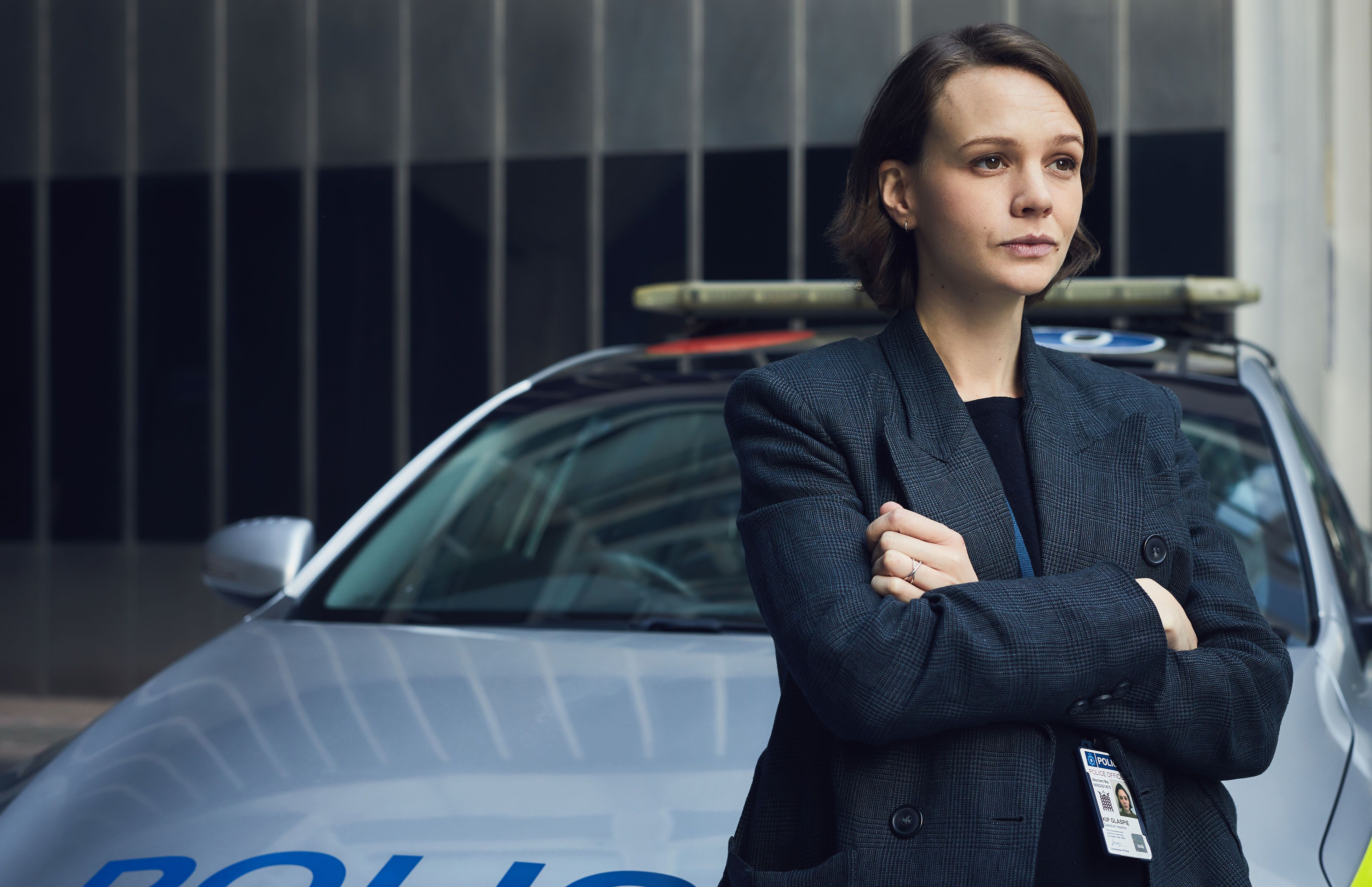Collateral review – so many characters, so few episodes
BBC2’s four-part drama Collateral came to an end this Monday. The series followed the investigation of DI Kip Glaspie (Carey Mulligan) into the murder of a pizza delivery man, Abdullah. The plot of this complex drama spiralled off to follow numerous different characters whose involvement in the murder ranged from closely linked to minimal.
Collateral succeeded in being a compelling piece of television, benefiting from sumptuous direction and an impressive (largely female) cast. The number of character stories which were fitted into just four episodes meant that this drama was full to the brim and tightly paced, although it did also mean that it was often difficult to make out the bigger picture buried under so many subplots.
As would be expected, some of the characters worked better than others. For example, I failed to be particularly convinced or moved by the story of Rev. Jane (Nicola Walker) who was torn between her religious vocation and her young, drug-taking, illegal-immigrant lover. It didn’t help that these characters were scarcely relevant to the rest of the plot. By contrast, the story of Capt. Sandrine (Jeany Spark) whose military trauma was manipulated to make her Abdullah’s murderer, was incredibly well realised and credible. The final moments in which Kip tried to reason with her through the hotel room door brought her tale to a tragic end.
The plot calls for far too much suspension of disbelief
What’s more, Collateral succeeded because the revelations in connection with the murder case were often unexpected yet still made sense. Too many police dramas present an intriguing case and then sustain the intrigue with frequent twists and revelations to the point where, on reflection, the plot calls for far too much suspension of disbelief (Line of Duty, although I do love it, is certainly guilty of this). Reflecting on Collateral the plot actually makes sense; writer David Hare did a good job slowly revealing the details behind the murder. Hare seemed to drive the plot by periodically introducing new characters, rather than weaving too many convoluted connections between existing ones (with a few exceptions).
David Hare is more established as a playwright than a screenwriter, and this showed through dialogue that was sometimes overly eloquent and almost literary. At times this was jarring, such as when Kit attempted to justify her (seemingly) impossible promise to Fatima, speaking in a way that no one would to their superintendent. Other times, however, Hare used this style to create thought-provoking drama and add depth to his characters. MP David Mars (John Simm) was a particularly transparent mouthpiece for what is probably Hare’s own frustration with our country’s attitude towards immigrants. Even more powerful than this was the chance to actually see these ‘immigrants’ being humanised through the characters of Fatima and Mona; directly contrasting the death of Sandrine with the birth of Mona’s baby (‘a British citizen’) was particularly poignant.
Taken as whole Collateral kept me engaged and reached a satisfying conclusion.
Overall, I enjoyed Collateral. Perhaps my greatest complaint is that it could have had more episodes since there was so much crammed into just four hours. I enjoyed the way in which the consequences of the murder were explored through different viewpoints, under an overarching theme that seemed to be making a comment on the role of institutions: the police, the military, the Church of England, the government etc. Parts of the drama worked better than others, yet taken as whole Collateral kept me engaged and reached a satisfying conclusion.

Comments